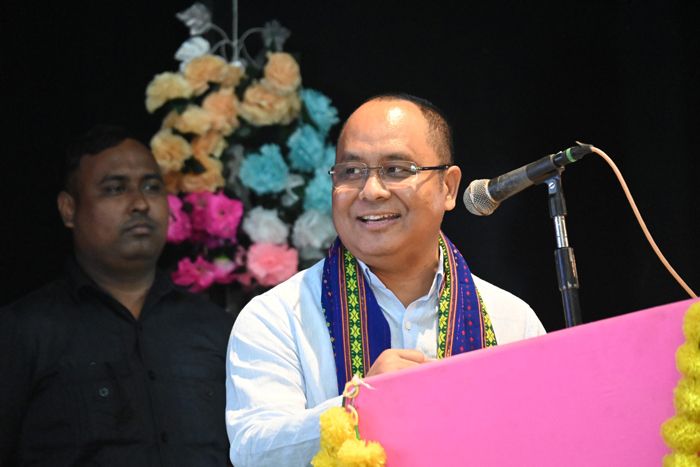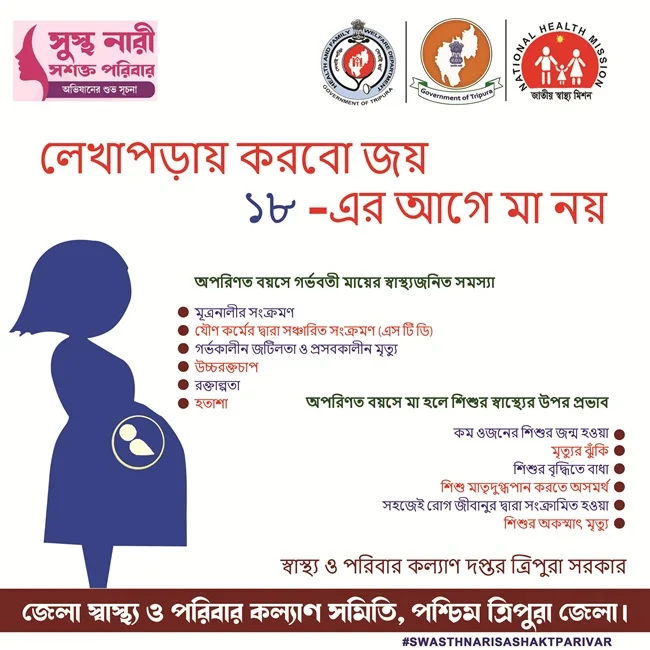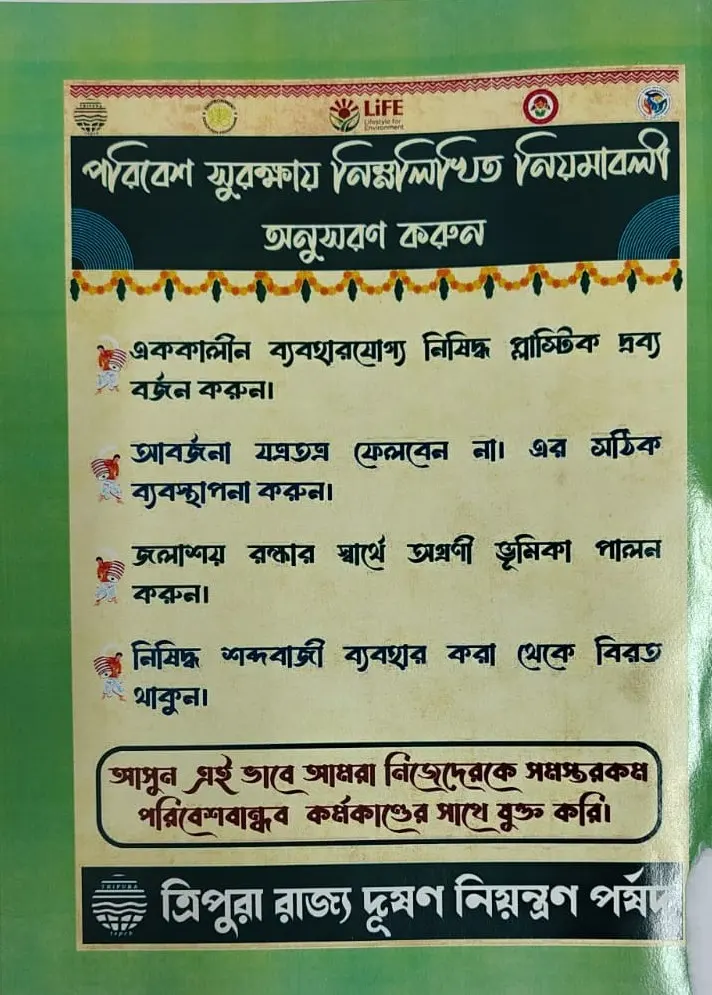Agartala, August 7, 2025 |SKY LINK TIMES
In a significant move to promote eco-tourism and generate sustainable livelihoods, the Government of Tripura has announced the development of six new eco parks across six districts in the state. This ambitious initiative is being spearheaded by Forest and Revenue Minister Animesh Debbarma, who emphasized the state’s commitment to environmental preservation, tourism growth, and economic empowerment for rural and tribal populations.

Table of Contents
Each eco-park will be built on forest land, with an estimated development cost of ₹10 crore per park. These eco parks will be implemented through Joint Forest Management Groups (JFMGs), ensuring local communities play an active role in managing and benefiting from the infrastructure.
District-Wise Distribution and Objectives
The eco parks will be developed in six districts, excluding Dhalai and South Tripura, as these two districts already have ongoing eco-tourism initiatives. According to the Minister, the parks will not only serve as tourist destinations but also act as catalysts for local employment, especially for youth and indigenous communities residing near forest areas.
The project aims to bring cricket, culture, conservation, and commerce together by offering nature trails, cultural zones, eco-cottages, and local craft stalls—all designed and maintained with local participation.
Boost to Rural Economy Through JICA & IGDC Funding
To further enhance forest-based livelihoods, the Forest Department is implementing several related initiatives with funding assistance from Japan International Cooperation Agency (JICA) and the Indo-German Development Cooperation (IGDC) projects. A total of ₹120 crore has been earmarked for creating roadside forest product outlets, eco huts, and village-based tourism amenities.
In Dhalai district alone, the government will construct 11 forest produce outlets, one in each block, with an individual cost of ₹50 lakh. These outlets will showcase and sell bamboo crafts, herbal products, organic goods, and other forest-based items made by local artisans and self-help groups.
Minister’s Statement on Holistic Development
Speaking to the press, Forest Minister Animesh Debbarma stated:
“The eco parks are not just about greenery and tourism—they are about creating opportunities for our people. The youth and tribals living in forest areas will now be active participants and beneficiaries of tourism development. Through proper training and engagement, they will manage these parks themselves.”
He further added that the eco-park model is designed to be sustainable and community-driven, ensuring environmental protection while contributing to the economy.
Also Read:https://skylinktimes.in/deendayal-jan-aajeevika-yojana-djayshehrai/
Chief Minister’s Vision for Tourism
The eco-park project aligns with the broader vision of Chief Minister Dr. Manik Saha, who has prioritized tourism as a key pillar of Tripura’s economic development strategy. The government aims to transform Tripura into a sought-after destination for eco-tourists, nature lovers, and cultural enthusiasts by investing in infrastructure and promoting tribal heritage.
What to Expect in the New Eco Parks
• Nature interpretation centers
• Bamboo huts and eco-cottages for tourists
• Trekking and walking trails
• Water bodies and boating facilities
• Organic farming zones
• Tribal cuisine stalls and craft bazaars
• Children’s play zones and wellness areas
• Solar-powered facilities and waste management systems
A Model for Other Northeastern States
Tripura’s eco-park initiative could serve as a model for other northeastern states seeking to balance development and sustainability. By involving local communities in both planning and operations, the government aims to create an ecosystem where nature, culture, and commerce coexist.
For More Info Stay Tuned: https://skylinktimes.in



